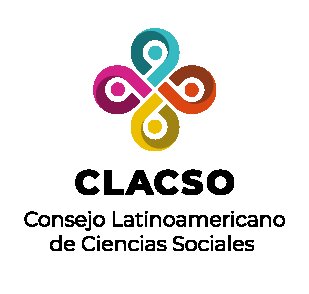Authors
Abstract
Abstract: This article deals with a reflection of the political-military militancy of a guerrilla veteran woman, Maria Eugenia Vasquez, during the 70s and 80s of last century, from her memories published as an autobiographic narration in the book Written not to Die: Log of Militancy (1998) and other texts form her authorship. The political subjectivities configurations of a woman who evokes the motivations of illegal armed participation, the vicissitudes of her militancy and the reasons for her demobilization are tracked. The deep thoughts of this ex-guerrilla not only make visible the details of the options of many university students of a generation that saw in armed struggle expeditious a way to transform the deep injustices of the country to the closure of other means of reform. They also evidence the rigid political logic of an insurgency that marked ways of being and thinking of many Colombians, even after not being linked to these organizations.
References
Flórez, F. (2001). Reseña de “Escrito para no morir. Bitácora de una militancia” de María Eugenia Vásquez Perdomo. Revista Colombiana de Antropología, 37, 341-352.
Franco, N., Nieto, P., y Rincón, O. (2010). Las narrativas como memoria, conocimiento, goce e identidad. En Franco, N., Nieto, P., y Rincón, O. (Eds.), Tácticas y estrategias para contar.
Historias de la gente sobre conflicto y reconciliación en Colombia (pp. 11-42). Bogotá, Colombia: Fundación Friedrich-Ebert-Stiftung en Colombia ―FESCOL―.
Huyssen, A. (2007). En busca del futuro perdido. Cultura y memoria en tiempos de globalización. Buenos Aires, Argentina: Fondo de Cultura Económica.
Ochando, C. (1998). La memoria en el espejo. Aproximación a la escritura testimonial. Barcelona, España: Anthropos.
Peris, J. (2008). Historia del testimonio chileno. De las estrategias de denuncia a las políticas de memoria. Valencia, España: Universitat de València.
Sánchez-Blake, E. (2000). Patria se escribe con sangre. Barcelona, España: Antrhopos.
Torres, E., y Arias, D. (2011). La pedagogía crítica en la experiencia carcelaria de presas políticas. Magis, 7, 27-43.
Uribe, M. (2004). Las palabras de la guerra. Estudios Políticos, 25, 11-34.
Vásquez, M. (1998). Diario de una militancia. En Arocha, J., Cubiles, F., y Jimeno, M. (Eds.),Las Violencias: inclusión creciente (pp. 266-285). Bogotá, Colombia: Universidad Nacional.
Vásquez, M. (2000). Escrito para no morir. Bitácora de una militancia. Bogotá, Colombia: Ministerio de Cultura de Colombia.
Zuleta, M. (2009). El mundo enigmático de la moral: una hermenéutica sobre el saber alrededor de la guerra en Colombia. Revista Nómadas, 31, 27-47.

 PDF (Español)
PDF (Español)
 FLIP
FLIP
























